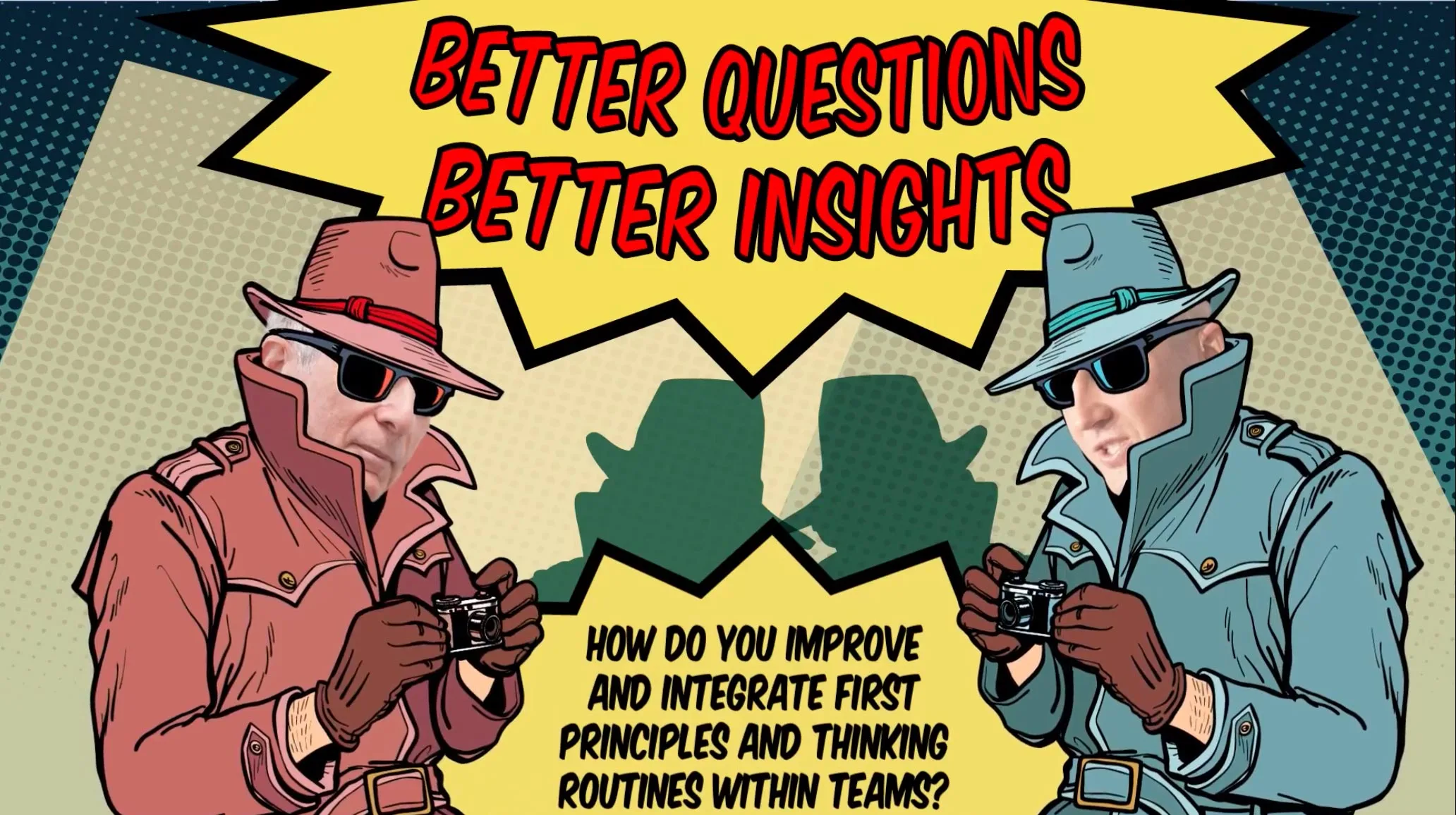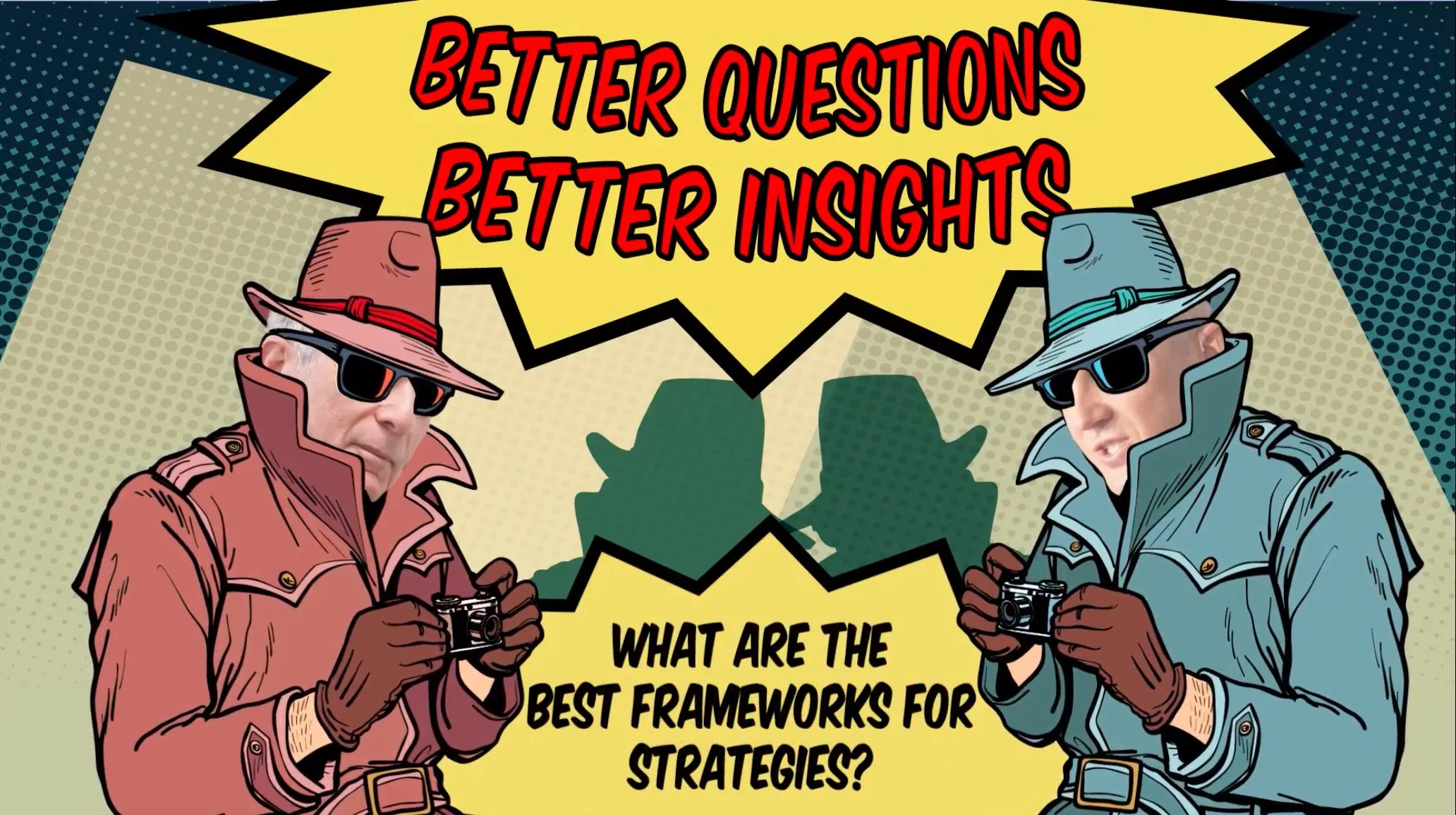UPDATED as of 28 August 2020
The 4 Disciplines of Execution
Plans and strategies may change. Behaviours, however, not so much. At least, not as quickly. It is important to understand that good execution is not only a condition of knowledge and skill, but it is also a condition of the will.
How do you, as an organisation, move forward as a team when goals are already challenging enough on your own? The key lies in two words— first principles.
In this special interview, the 4 Disciplines of Execution co-author Sean Covey expertly delivers insights and anecdotes on:
- The 4 Disciplines in a nutshell
- How purpose and discipline affect your execution
- Sustaining your Wildly Important Goal even in the midst of chaos
- What successful organisations are doing right and what others are getting wrong
Watch the full interview now.
Too often history shows that a good strategy fails to deliver a productive outcome in terms of the bottomline. Strategy and execution are in a word— inseparable. They are the two sides of the same coin. In order to successfully execute on your goals, you need focus.
One thing you already know about acting on a great idea is the fact that chaos will be involved. It is very easy to lose focus when you have to wade through a quagmire of priorities and goals daily. As teams lose focus, they eventually lose power, which is why you need a game plan.
In this week's Knowledge Nuggets, let us take a look at the 4 Disciplines of Execution by authors Chris McChesney, Sean Covey and Jim Huling, who address the issue of what constitutes the disciplines of excellence in execution of strategy.




































